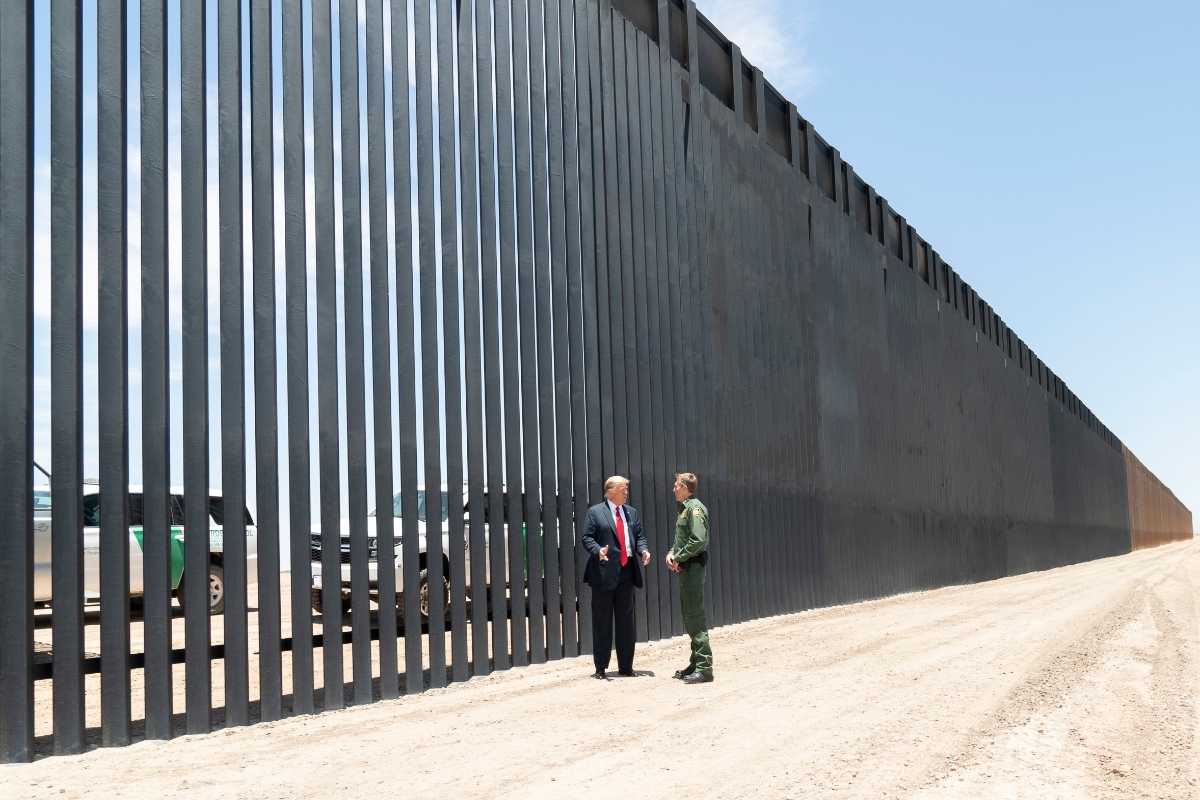A new tax bill pushed by President Donald Trump was approved Tuesday in the Senate and represents a radical shift in U.S. budget priorities on migration. The measure, which still must be reviewed by the House of Representatives, directs nearly $170 billion to bolster immigration enforcement over the next four years.
If ratified, this bill will completely transform current immigration policy, prioritizing measures such as: The construction of new detention centers, the hiring of more than 20,000 new agents for ICE and CBP, and an unprecedented increase in surveillance infrastructure, including the use of artificial intelligence at the border.
Wall, detentions and deportations

The bill includes:
$64 billion to expand the border wall.
$70 billion for migrant detention and transport operations.
An increase in immigration detention capacity, which according to the think tank CATO, would increase from 50,000 people to over 200,000 in detention centers across the US.
This massive growth of migration infrastructure is criticized by both humanitarian organizations and civil rights experts.
They warn of possible human rights violations and the impact on established migrant communities.
Immigration fees increase

De ser ratificada, esta ley transformará por completo la política migratoria actual
Another alarming aspect of Trump’s tax law is the increase in the cost of immigration procedures, including humanitarian processes such as asylum:
Applying for asylum will cost $1,000, a service that was previously free.
Applying for a work permit will go up to $550, valid for only six months.
Appeals before immigration judges will cost $900 (previously $110).
Applying for TPS will cost $500.
In addition, those who have a pending asylum application will have to pay US$100 per year, directly affecting people in vulnerable situations.
Remittances and taxes: economic blow

Trump’s tax law imposes a new 3.5% tax on remittances sent abroad.
In 2023, the U.S. was the top remittance-sending country in the world, with more than $85.8 billion according to the Migration Policy Institute.
Access to tax benefits is also limited.
Families with parents without Social Security numbers will not be able to receive the child tax credit, and Medicaid funding will be reduced in states that provide health care to migrants without legal status.
Even migrants with legal status, such as beneficiaries of TPS or work visas, will be excluded from health insurance at subsidized rates.
For more information, visit QuéOnnda.com.














